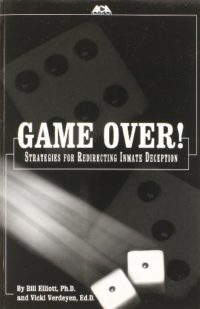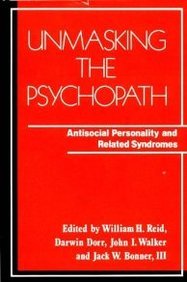The Clinical and Forensic Assessment of Psychopathy: A Practitioner’s Guide (Personality & Clinical Psychology)
Description
Psychopaths are difficult to ignore. They are involved in many of today’s most serious problems: war, drugs, murder, and political corruption. As a construct, psychopathy has evolved far beyond its confusing origins in a melange of labels into an empirically measurable syndrome. The first text of its kind, The Clinical and Forensic Assessment of Psychopathy: A Practitioner’s Guide, translates the robust findings of the past 30 years into applied procedures and methods for all those whose work brings them into contact with this difficult population in mental health, correctional, or court settings. Synthesizing the latest information on assessing psychopathy in children, adolescents, and adults, it offers “standard of care” guidelines for the assessment of psychopathy in general and the use of the Hare Psychopathy checklists in particular. It further:
* develops conceptual models for understanding the information processing and emotional experience of psychopaths;
* addresses legal and ethical issues;
* discusses implications for training and the effective integration of psychopathy assessment into general forensic practice-interviewing, predicting risk, evaluating the relationship of psychopathy to malingering, and writing reports;
* describes dilemmas presented by the psychopath in the corporate setting and offers suggestions for managing them and for weighing the necessity of incorporating psychopathy assessment into institutional evaluation procedures; and
* considers the relationship of psychopathy to sexual deviance, substance abuse, and the criminal personality.
The Clinical and Forensic Assessment of Psychopathy: A Practitioner’s Guide is a resource for anyone who seeks to make fast the link between research and practice. Experienced professionals and their trainees and students alike will learn much from it.
Related products
-


The Secret Life of Captain X: My Life with a Psychopath Pilot
0 out of 5Buy product -


Game over: Strategies for Redirecting Inmate Deception
0 out of 5Buy product -


Unmasking the Psychopath: Antisocial Personality and Related Syndromes
0 out of 5Buy product -


The Antisocial Personalities
0 out of 5Buy product





